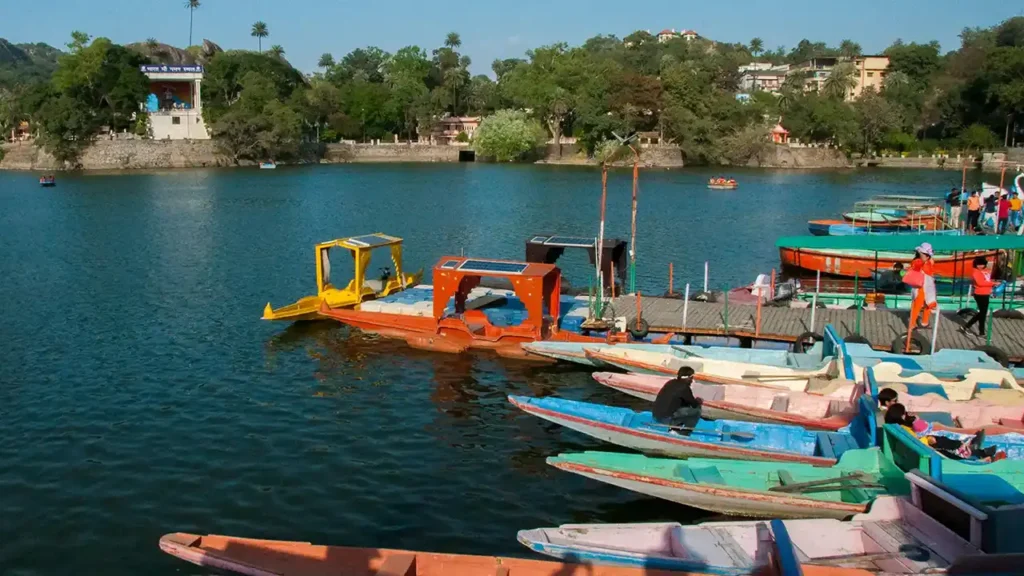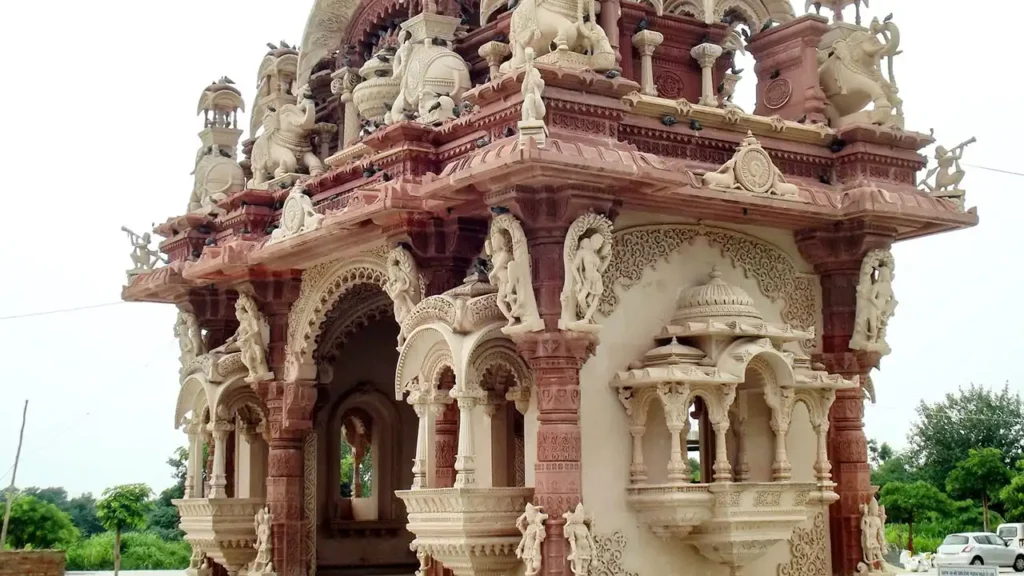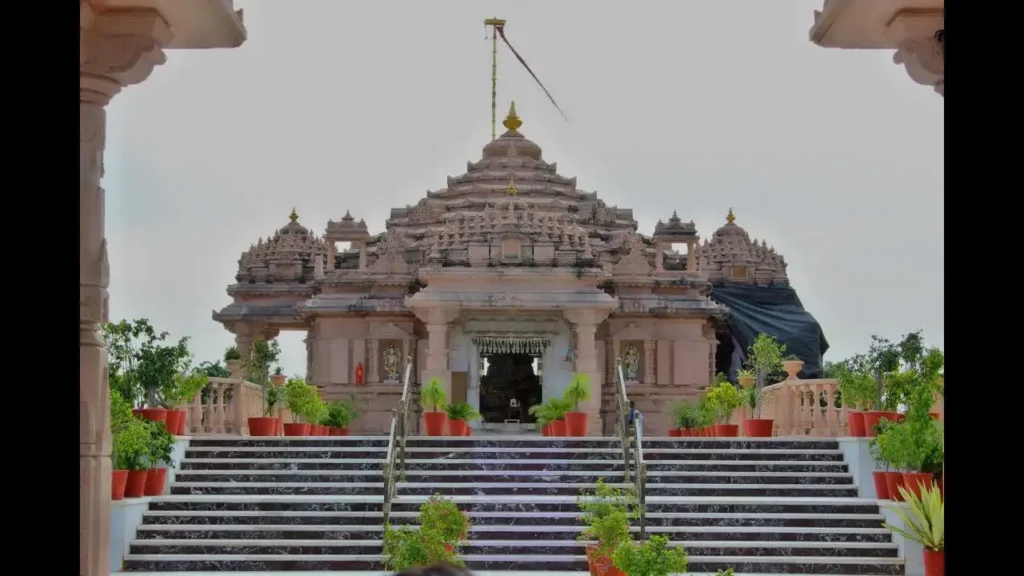Introduction to Mount Abu
Nestled amidst the Aravalli Range in the desert state of Rajasthan, Mount Abu stands as a serene retreat from the scorching heat and arid landscapes of the region. It is the only hill station in Rajasthan and offers a refreshing escape with its cool climate, lush greenery, and picturesque landscapes.
History of Mount Abu
Mount Abu holds a rich historical significance dating back to ancient times. According to legend, it was named after Arbuda, a serpent who saved the life of Nandi, Lord Shiva’s bull. The area has been a sacred pilgrimage site for both Hindus and Jains, with numerous temples and shrines dotting its landscape.
Historically, Mount Abu served as a summer retreat for the Rajput kings and later became a favored destination for the British colonial rulers. Its cool climate and scenic beauty have attracted travelers and seekers of solace for centuries.
Visiting Hours
Mount Abu welcomes visitors throughout the year. However, the best time to visit is during the months of February to June and September to December when the weather is pleasant and conducive to outdoor activities and sightseeing. The hill station experiences a monsoon season from July to September, characterized by heavy rainfall which may disrupt travel plans.
Entry Fees
Entry to Mount Abu itself is free of charge. However, certain attractions within the hill station, such as parks, museums, and temples, may have nominal entry fees. It is advisable to check the entry fees for specific attractions beforehand to plan your budget accordingly.

Frequently Asked Questions
What are the must-visit attractions in Mount Abu?
Mount Abu boasts a plethora of attractions that cater to diverse interests. Some of the must-visit places include:
Dilwara Temples: Renowned for their intricate marble carvings and architectural brilliance, the Dilwara Temples are a sacred pilgrimage site for Jains.
Nakki Lake: A serene lake surrounded by hills and lush greenery, offering boating facilities and scenic views.
Guru Shikhar: The highest peak in the Aravalli Range, offering panoramic views of the surrounding landscape.
Achalgarh Fort: A historic fort known for its imposing architecture and scenic surroundings.
Mount Abu Wildlife Sanctuary: Home to a diverse array of flora and fauna, including rare species such as the Indian leopard and sloth bear.
What activities can one indulge in at Mount Abu?
Mount Abu offers a range of activities to suit every traveler’s preference. Some popular activities include:
Trekking: Explore the scenic trails and lush forests surrounding Mount Abu on foot, offering breathtaking views and encounters with nature.
Boating: Enjoy a leisurely boat ride on Nakki Lake amidst serene surroundings and picturesque landscapes.
Sightseeing: Visit the various temples, forts, and viewpoints scattered across Mount Abu to immerse yourself in its rich cultural and historical heritage.
Shopping: Explore the bustling markets of Mount Abu to shop for handicrafts, textiles, and souvenirs showcasing the vibrant Rajasthani culture.
What is the local cuisine of Mount Abu?
Mount Abu offers a delectable array of culinary delights influenced by Rajasthani, Gujarati, and Jain cuisines. Some must-try dishes include:
Dal Baati Churma: A traditional Rajasthani dish consisting of baked wheat balls served with lentils and a sweet crumbled wheat dessert.
Gatte ki Sabzi: A spicy curry made from gram flour dumplings, cooked in a flavorful yogurt-based gravy.
Ker Sangri: A unique Rajasthani dish made from dried berries and beans native to the region, cooked with spices and served as a side dish.
Rabri: A rich and creamy dessert made from condensed milk, sugar, and flavored with cardamom and saffron.
Mount Abu, with its timeless charm and natural beauty, remains a hidden gem waiting to be explored. Whether you seek spiritual solace, adventure, or simply a tranquil escape from the chaos of urban life, Mount Abu offers something for everyone. Plan your visit to this enchanting hill station and embark on a journey of discovery amidst the breathtaking landscapes of Rajasthan.







